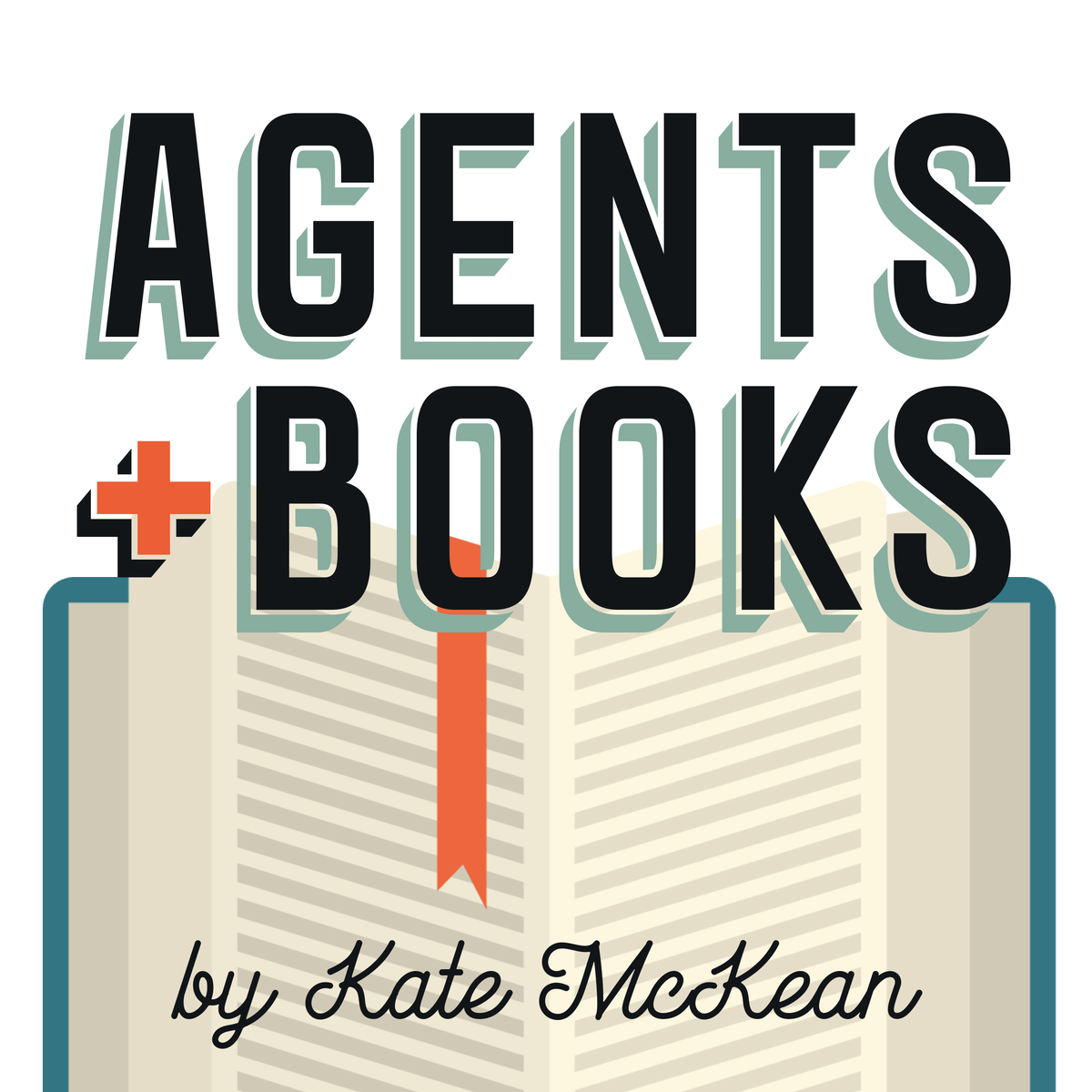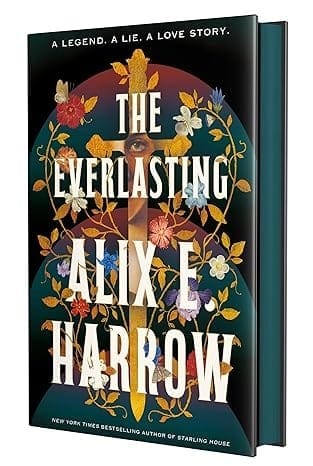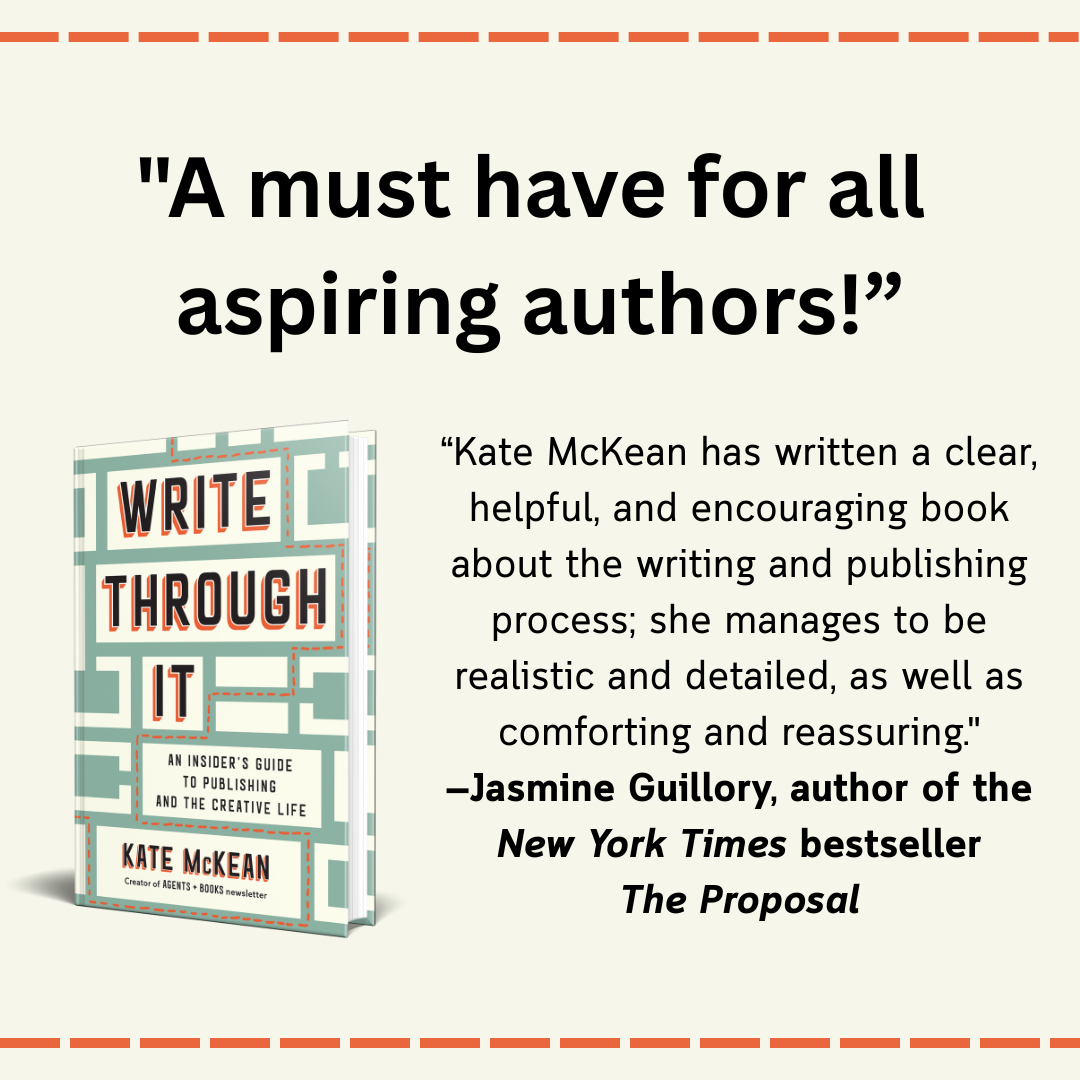How All Your Questions About Writing are answered by the reader

First: News!

Hi friends,
I have lots of questions. I know you do, too, because paid subscribers ask me them here and we answer them on Thursdays. But outside of that, I'm always turning a question over in my mind. Should I sign up that author? What should I read next? Will that editor answer me today? What should I write next? Where is my energy best spent?
I am ok with the ones I don't have an answer for. I mean I would prefer to have all the answers, but lots of times, we just don't know until we know. That editor might answer today. I might sell that book tomorrow. It might hit the List. We just have to wait and see.
I am comfortable in this uncertainty in my professional life, but I'm also practiced at it in my writing life. Again, I don't love it, but I know that whatever I write next is not guaranteed to sell no matter how fast or slow I write it, no matter how hard I work on it. I just have to write and see. I talk to a lot of writers, both published and not, who cannot handle that uncertainty and I absolutely understand. Comfort, or at least begrudging tolerance, comes with time and experience, and the only way to gain any of that is to Write Through It.
In the meantime, part of how we all learn is asking questions. What do agents want right now? What genres are hot? Can I still sell a historical romance? How many followers do I need? I can give answers to these questions, and have done so for many years. But I'm starting to think those are the wrong questions, and/or I'm not the one who should be giving the answers. Don't ask what literary agents want right now–ask what readers want. How many followers do you need? Well, what platforms are you on, and how hard is it to cut through the noise? What's it like to be your follower? Where do your potential followers congregate and how hard is it to reach them? Where do you follow people and what makes you go from a follower to a book-buyer?
I've always been a fan of reverse engineering a problem to figure out how to fix it. Take it apart, see how it works, put it back together again. And what I've discovered is that you can do that with books, too. You don't need to type out your favorite book and figure out that chapter 1 has more words than chapter 2 and then make your book just like that, but it can be helpful to pinpoint why you put that other book down halfway through. How do you talk about the last book you absolutely loved, and how do you describe it to friends? Now how would you describe your own book that way? Notice what's there and what's not? Yeah–that's your pitch. That's all a pitch is–what your reader needs to know to get excited about your book. See, it's not that complicated. It's not a magic spell that only agents and editors know.
I've long explained the concept of a platform by asking readers how they found the last book they bought or checked out, especially in non-fiction. Did you see it on social media? Do you follow that author, or did your friend repost it into your feed? Did you read an article about it in a newspaper or online? Did you see a postcard tacked to a bulletin board in your local bookstore? Did a librarian display it on a table? Did you see it on the shelf in Barnes & Noble? Some of those things you can control, like posting about your book so that your friends can repost it to their followers. And some of those things you can't control, like getting your book on one of the front tables at a bookstore. The ones you can control, though, aren't as difficult to parse if you look at them from the other side, from the reader's POV.
Do agents like prologues? is the wrong question. Do readers? Do you? When you see one in the wild, do you skip it or skim it? Are you annoyed when you didn't realize a book started with a prologue and then you turn the page and see chapter 1 and have to completely reorient yourself again in the new chapter. (That's why prologues aren't often necessary.) Agents often (and I won't say always) dislike prologues because to readers they're usually not necessary! It has little to do with my personal opinion as a publishing professional or any data we have that says books with prologues sell 21% fewer copies than those without. (lol, like we have that data.)
Is my book too long? Is my character believable? Is my genre contemporary fiction or contemporary romance? These aren't questions you're looking to solve to appease an agent or an editor, but to make the reader's experience of the book more enjoyable, so that they'll tell their friends how good it is and so they'll go out and buy it. Don't think of me, the agent. Think of someone out there, the reader. Think about how you evaluate books and imagine how someone would evaluate yours.
This is an easy skill to talk about, but a very hard one to practice. You won't get it right all the time. We're all subject to our own blindspots. But if you do your best and try to get out of your own head about your work, you might catch 43% more pitfalls and holes in your WIP, and you'll be that much farther along. A book is meant to be read. It is not meant to sit on a shelf like a trophy (though it can do both). No one's going to admire it and buy it and pat you on the head because you did a good job (you did do a good job). Readers are going to buy it and talk about it if they like it, if there's something in it for them. You don't have to pander to a reader–you shouldn't–but if you forget them altogether, they're liable to do the same to you.
When in doubt, ask What Would The Reader Do?
OXOXOXOX,
Kate


Comments ()